Over the last two decades, the internet has brought distant locations of the world closer together in something resembling a universal electronic bazaar. The far-reaching potential of the internet has significantly affected the economies of countries like Nigeria where you have some very large urban metropolises but the rest of the country is rural and agrarian or arid and nomadic. In Nigeria, the internet has enabled increased trade online. Between 1999 and 2016, statistical research highlights that the overall level of electronic commerce (e-commerce) or commercial dealings made via the internet in this country have soared, affirming the noteworthy growth.

Urban Nigeria
That does not mean challenges don’t abound. Despite the significant growth in internet access, over half of Nigeria still does not have internet access. This has stunted the growth of ecommerce and the economy. The growth is there but it could be a lot better.
Nigeria is a good sized country. That presents it’s own unique challenges. You have to cover a much larger geography to provide electricity and internet access. That is not easy. In addition, not everybody is educated to take advantage of the internet.
Despite it’s challenges, enterprising businessmen see the potential and more and more of them are moving towards setting up shop online and trying to reach all possible customers within the country and also the Nigerian diaspora abroad.

Urban Nigeria
The government of Nigeria is also trying to provide additional services online. Recently, the government of Nigeria announced a decision to introduce banking and ecommerce services to rural dwellers through the Nigerian Postal Services (NIPOST), a government owned agency. This innovation will give Nigerians in rural communities the opportunity to carry out banking transactions without the time consuming and sometimes arduous journey to towns where banks are situated. This also enables them to buy goods online and also sell online
Ecommerce companies like Konga have decided to join NIPOST in this outreach to the rural communities. This means shopping can take place right from homes in rural societies, saving transportation costs and reducing the number of accidents occurring on the roads.
Everything has a flip side and though it can be said that ecommerce is a blessing to consumers in rural Nigeria, this increased competition has put a downward pressure on rural retailers and wholesalers as they now see reduced margins.
Both the government and private sector are trying to increase coverage of mobile broadband but it’s not a small task. . Nigeria’s mobile broadband penetration just rose to 21%. In August 2016, Nigerian Communications Commission (NCC) said internet users have increased to 93,591,174. Of this data, GSM users were 93,524,398 while 66,776 users opted for CDMA, denoting that internet users are predominantly on mobile network.
Still, 40% of Nigerians have access to the internet. This means that 60% including some rural communities do not or suffer from poor internet connectivity. Even in urban areas, 3G network has not been fully deployed. However, 4G/LTE network has been installed in some parts of the country.
The government, in its bid to extend internet accessibility to rural communities, has promised to increase broadband internet access to 30% before 2018. Private companies are also finding ways to help Nigeria tackle the problem of internet accessibility in rural or remote areas. A Nigeria university don is collaborating with academics from University of York in England to deploy high-altitude platforms (HAPs) as a means to enhance internet connectivity in the country, especially in rural areas.
According to the dons, HAPs are airships or solar-driven aircraft that are stationed in the skies, and do not require expensive infrastructure on the ground. If deployed, it would transfer internet access to the nooks and crannies of the country. They are like satellites but at a lower altitude and much less expensive.
Talking about agricultural produce in the rural communities, some ecommerce firms like afrimash.com, farms.ng etc. directly take produce from rural communities and sell to people from far and near. This is boosting sales of farm produce and better returns.
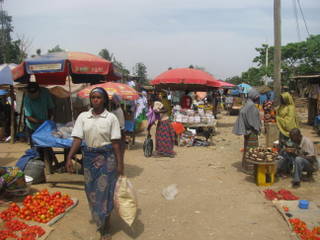
Rural Markets in Nigeria
Even though a lot still needs to be done, it is expected that ecommerce will make immense contribution to the country’s economy in the future. Nicolas Martin, the CEO of Jumia Nigeria, an ecommerce store has aptly said “ecommerce will be the next driver of Nigeria’s economic growth, with ecommerce expected to soon contribute about 20% of GDP, in terms of growth”.
Investors are eyeing the trending growth of ecommerce in Nigeria. Ivan Mazour, CEO of Ometria an ecommerce platform provider in the UK, said Nigeria is among the countries to watch due to its growth rate and untapped prospects in ecommerce.
Some Nigerian ecommerce companies like Konga, Jumia, Printivo have raised significant sums from global investors to increase their reach.
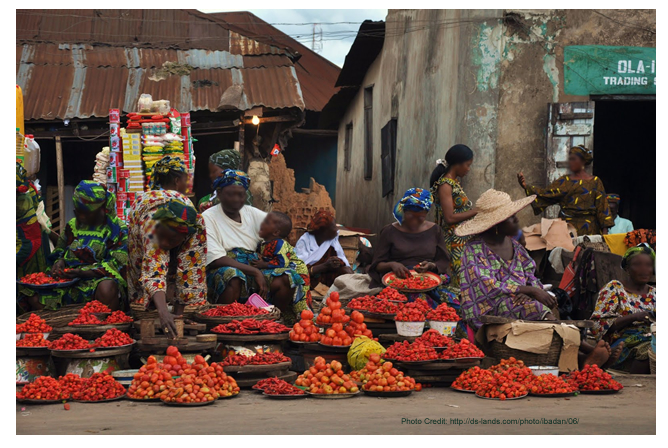
Rural Store in Nigeria
In summary, the proliferation of the internet in Nigeria bodes well for both the government and the private sector. It will help the economy grow and the end consumer will come out as the ultimate winner. They get access to goods and services at a much lower price and conversely they are able to sell their goods to buyers across Nigeria and abroad.


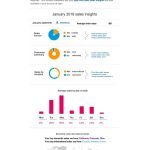




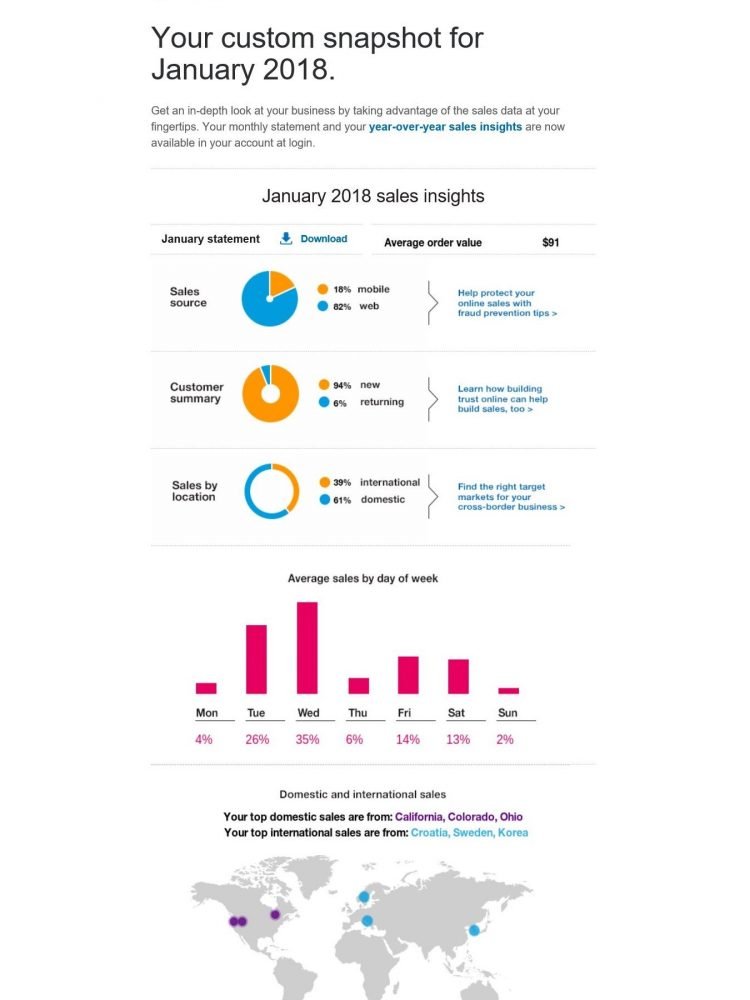
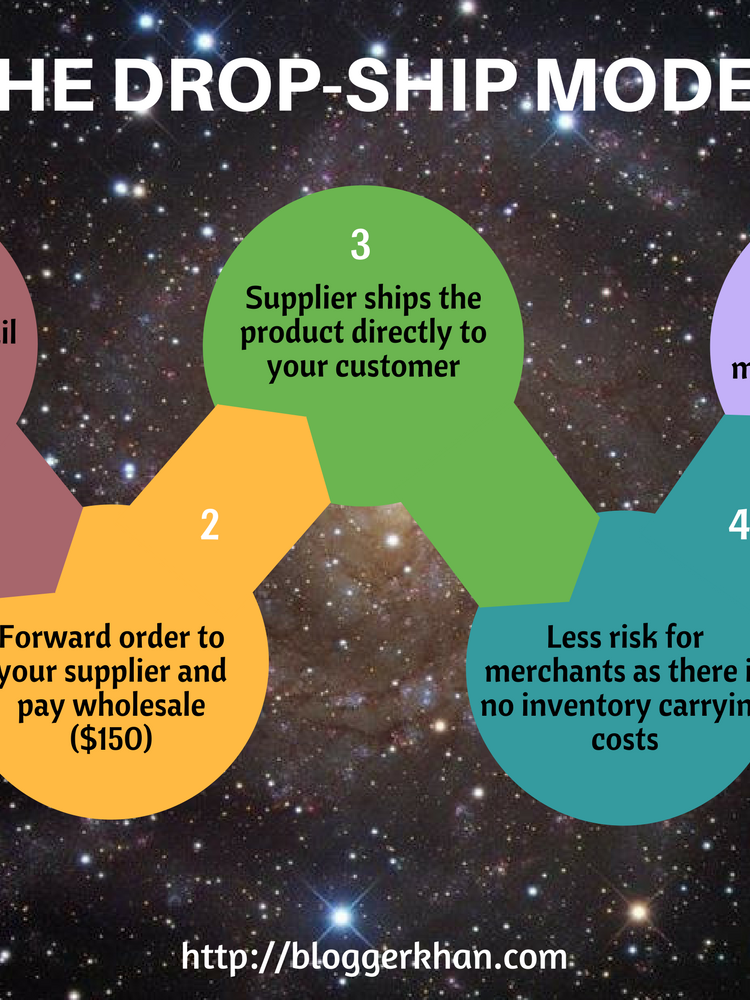




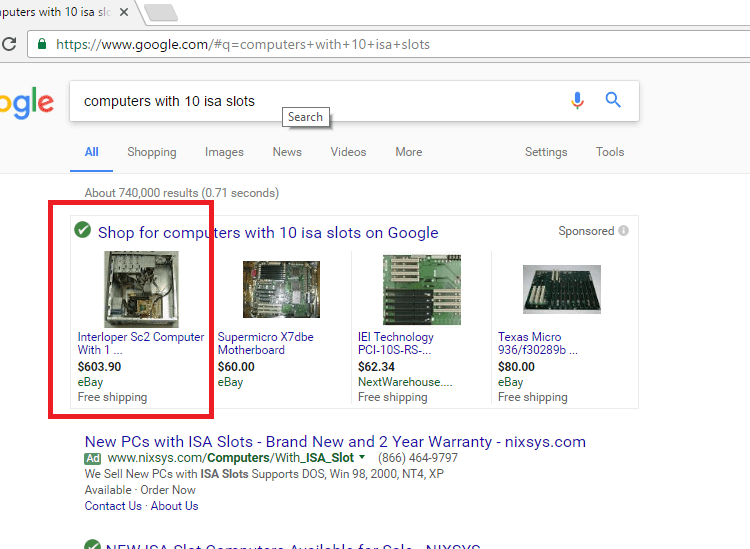




No comments yet.